What can I grow in my backyard?
Becoming self-sustainable
Backyard farming is becoming more popular these days for health and food security. The variety that you can grow in your backyard is endless. You can grow enough for yourself and your family or you can turn a healthy profit if you get organised.
Mushroom Farming
Mushrooms are relatively simple to grow. You will need to find the right variety of mushrooms to grow. You do not need to commit to your mushrooms full-time in order to have a steady production. It would be wise to contact local restaurants and get orders before harvesting
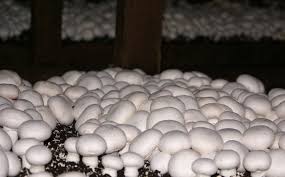
Bee Keeping
This will not only provide you with honey but there will be lots of little pollinators for your vegetables if you have a veggie garden too. Having bees will dramatically increase your crop yield. You will however need to do some research. There are some things that you need to get right in order to be successful with bees. Encourage beneficial insects with insect houses and by using natural methods of pest and weed control.
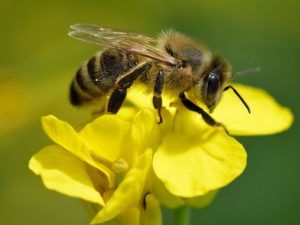
Medicinal herb Gardens
. Culinary herbs and medicinal herbs can be successfully grown in containers in your backyard, on a roof garden or on a balcony.
Urban Chicken Farms
Keeping chickens in the yard is popular as chickens do not need masses of space relative to the number of eggs they produce and they are easy to care for. You can start small with a modest coop and see how it goes before competing with large egg producers. Added value is the manure they produce is great for fertilising your garden. If a space is too small, however, it would be cruel to keep any animals.
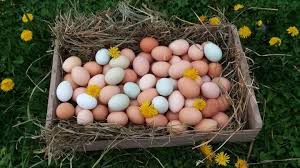
Growing Flowers
If you are a keen gardener you can grow flowers and sell them to florists or nurseries. There is also a market for edible flowers such as nasturtiums and pansies.
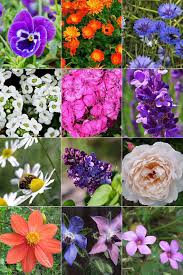
Hydroponic Backyard Farming
Hydroponics is where crops are grown in nutrient-rich water without using soil. Theoretically, it reduces wastage, is less susceptible to disease and it is popular with health-conscious consumers. The plant roots are in direct contact with the nutrient-rich water. It also mitigates water pollution by avoiding the runoff of these fertilisers into groundwater.
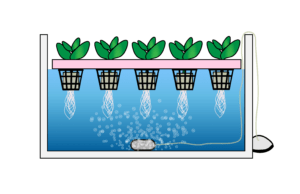
Organic Backyard Farming
Generally, organic farming is where no chemicals and pesticides are used in the growing process. Organic produce has become a niche market due to the fact that factory farming of food tends to reduce the nutritional value Organic food is toxin-free and more wholesome. More and more restaurants and supermarkets are stocking organic food
Casual green”ish” fingers
you do not have to get more serious than just growing herbs and salad veg in raised beds and containers. With a small production space, you can take some control of what you put on your plate. If you are “Fed up “with processed food with chemicals and dyes.
Added Value
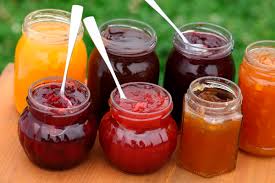
More than selling the product or you can explore added value where you take the raw products and make something from them. What about, Jams, pesto, pate cosmetic products and so on
Farming at home relieves stress and encourages exercise.
